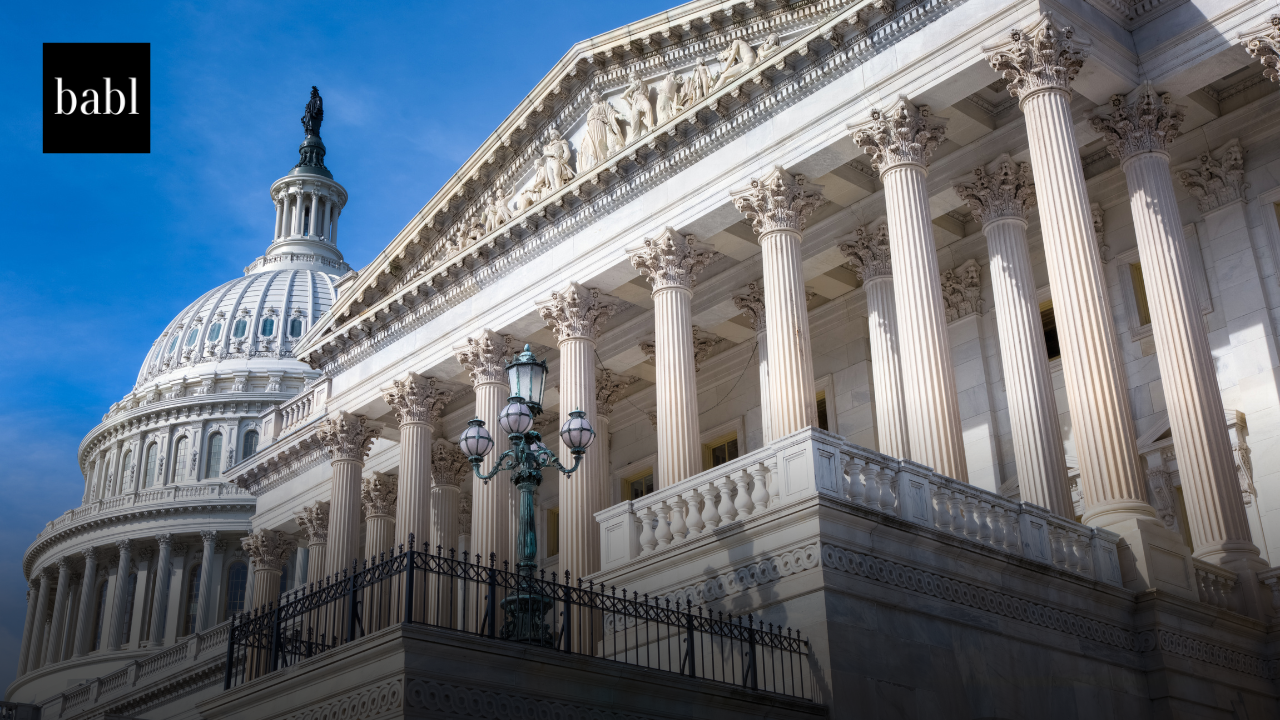UPDATE — AUGUST 2025: The bipartisan Future of AI Innovation Act (S.4178) has cleared the Senate Commerce, Science, and Transportation Committee and now awaits a full Senate vote. If passed, it will formally establish the U.S. Artificial Intelligence Safety Institute (AISI) at NIST, create national lab testbeds for advanced AI research, and promote voluntary safety standards through public-private collaboration. Although the bill enjoys strong bipartisan and industry support, it is not yet law. Therefore, additional legislative steps must occur before its provisions take effect.
ORIGINAL NEWS STORY:
Senate Committee Passes Bipartisan Future of AI Innovation Act
The U.S. Senate Commerce, Science, and Transportation Committee has advanced the Future of AI Innovation Act, marking a major step in maintaining America’s leadership in artificial intelligence and other emerging technologies. The bipartisan bill, introduced by Senators Maria Cantwell, Todd Young, John Hickenlooper, Marsha Blackburn, Ben Ray Luján, Roger Wicker, and Kyrsten Sinema, aims to foster collaboration between government, industry, academia, and civil society to accelerate responsible AI innovation.
Establishing the U.S. AI Safety Institute
The legislation would authorize the U.S. Artificial Intelligence Safety Institute (AISI) within the National Institute of Standards and Technology (NIST) and create national lab testbeds to support cutting-edge AI research. These facilities would allow experts to evaluate complex models, develop new materials, and strengthen safety standards. Senator Todd Young emphasized the importance of collaboration and democratic values in shaping AI’s future. He said the bill will “create important partnerships between government, the private sector, and academia to establish voluntary standards and best practices that ensure innovation continues to flourish in the United States.”
Driving Responsible Innovation
Senator Maria Cantwell highlighted how the bill codifies the AI Safety Institute at NIST and builds upon recommendations from the National Artificial Intelligence Advisory Committee. She explained that the Institute would bring together leading experts to create voluntary guidelines and testing protocols for advanced AI models. These collaborative efforts would help the United States remain competitive while managing potential risks. Senator John Hickenlooper added that the legislation “empowers the U.S. AI Safety Institute to develop the research, standards, and partnerships we need without compromising our leadership position.”
Supporting Research, Security, and Coordination
Senator Marsha Blackburn stressed that the act “mobilizes the expertise of our National Laboratories, like Oak Ridge, to create testbeds for synthesizing new materials for AI systems.” She noted that it will also identify regulatory barriers and strengthen the U.S. role in global standard-setting. As a result, the bill positions government to support innovation rather than slow it down. Meanwhile, Senator Kyrsten Sinema highlighted that “AI and other emerging technologies present strong opportunities for American innovation, growth, and security.” She said the measure strengthens partnerships across sectors so the nation can tackle future challenges.
Broad Support from the AI Community
The legislation has received widespread backing from the AI ecosystem. More than 45 technology companies, research organizations, and AI policy advocates have endorsed its passage. Furthermore, the act aligns with related initiatives such as the NSF AI Education Act and the Small Business Artificial Intelligence Training Act. Together, these bills aim to expand AI education and help small businesses adopt the technology responsibly.
Need Help?
Understanding how new AI legislation—such as the Future of AI Innovation Act or the EU AI Act—affects your organization can be challenging. BABL AI‘s Audit Experts can help interpret these changes and guide your business toward compliance and responsible innovation.





